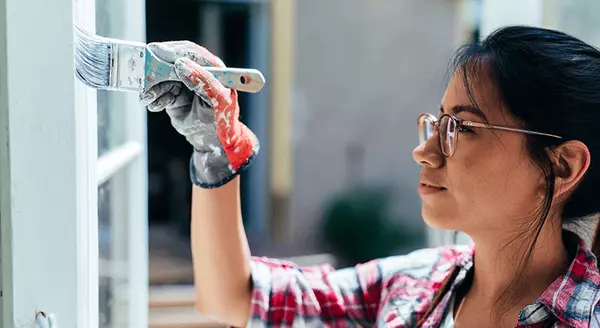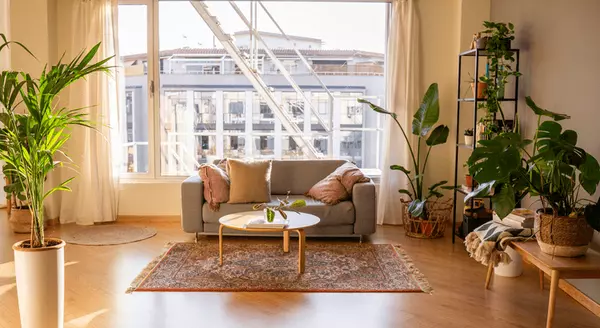
The Latest Forecasts for the 2025 Housing Market
After several years of rising home prices and volatile mortgage rates, it looks like the housing market will start to head in a more normal direction in 2025 – at least according to the latest forecasts. And if you’ve been thinking about making a move, that means the uncertainty that could’ve been t

The Latest Expert Forecasts for the 2025 Housing Market
After several years of rising home prices and volatile mortgage rates, it looks like the housing market will start to head in a more normal direction in 2025 – at least according to the latest forecasts. And if you’ve been thinking about making a move, that means the uncertainty that could’ve been t

Headed Back Into the Office? You May Decide To Move
It’s no secret that remote work has surged over the last few years. And that flexibility gave a lot of people the freedom to move — and work — from wherever they wanted.But now, a growing number of companies are requiring employees to return to the office. And that’s leading some people to make deci
Categories
Recent Posts











